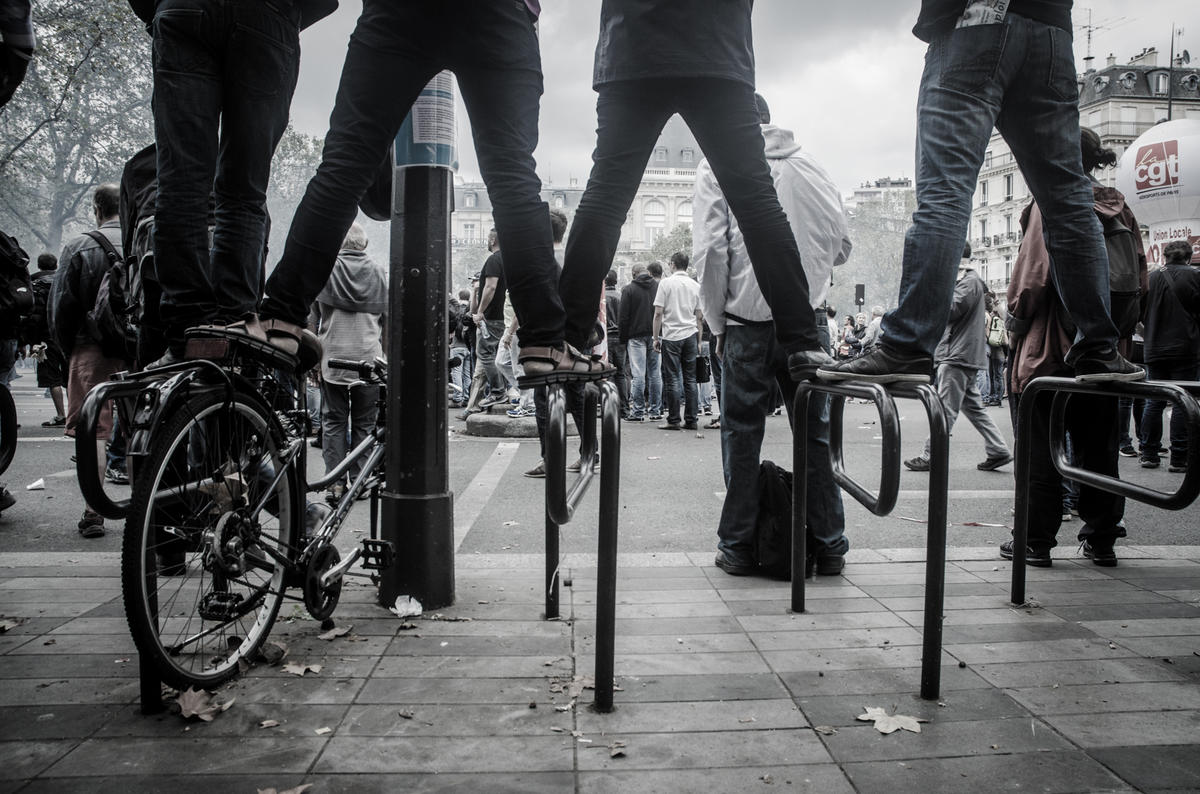The world is upside down — people’s fears are overwhelming their hopes. The rise of populism is tied to a deep sense of inequality and worry about future job prospects, as globalization and automation loom. Media is now the least-trusted institution in the world, with half of people disengaged from mainstream outlets, while trust in social media is below 30 percent in several developed markets due to the poison of fake news. Government is seen as parochial and partisan, unable to make a difference on the issues that matter.
Consumers are turning to brands as their champions; this is the birth of Brand Democracy. The feeling is: It’s easier to get a brand to act on the issues I care about than to vote for another ineffectual politician. The brand can do much to deliver on this expectation, from improving its supply chain to persuading consumers to change their behavior. Brands are now being pushed beyond their classic business interests to become advocates for a better society. This is a new relationship between company and consumer — purchase is premised on a brand’s willingness to live by its values, operate with purpose, and if necessary make the leap into activism.
The 2018 Edelman Earned Brand study shows that the market is being transformed by the rise of the Belief-Driven Buyer. Nearly two-thirds of consumers now choose, switch to or boycott a brand based on its stand on societal issues, up from 51 percent in 2017. These believers now constitute a majority in all eight markets we surveyed, from China to the U.S. to Germany, with huge jumps in Japan (up 21 points, to 60 percent) and the U.K. (up 20 points, to 57 percent). This mindset now spans generations and age groups; 18-to-34-year-olds lead at 69 percent, but the biggest rise (18 points) was in the 55+ contingent. They are now also the majority at all income levels, with the largest increase among middle-income buyers (up 16 points, to 62 percent).
The consumer believes that brands are the most effective force for change. Fifty-three percent of respondents agree that brands can do more than government to solve social ills — and nearly half say that brands have better ideas. This has transformed marketing. A brand’s stand on issues prompts the same purchase intent as its promotion of product features, a new balancing of the rational and emotional elements of the marketing equation. But the brand’s stand prompts substantially more social conversation and intent to advocate for the brand than classic product communication. The best messenger for a brand’s stand is a regular person or customer, followed by an expert or employee of the company, much more powerful than a celebrity.
The choice for brands is not whether, but how to honor the consumer’s call to action. Unilever has made purpose central to its business, and CEO Paul Polman has stated that the brands in his portfolio with a purpose have outperformed others without one. Beyond purpose lies cause, using the moment to take a stand, as Starbucks did in the wake of poor customer treatment in Philadelphia, closing its stores for a half day to retrain its workforce on racial bias. Then there is activism, stepping into the political fray, as Nike did with the Colin Kaepernick ad called “Believe in Something,” which has prompted a 31 percent sales increase. When a brand takes a stand and participates in the new Brand Democracy, it not only grows business but also acts to advance the interests of its customers and society.
Richard Edelman is president and CEO.







